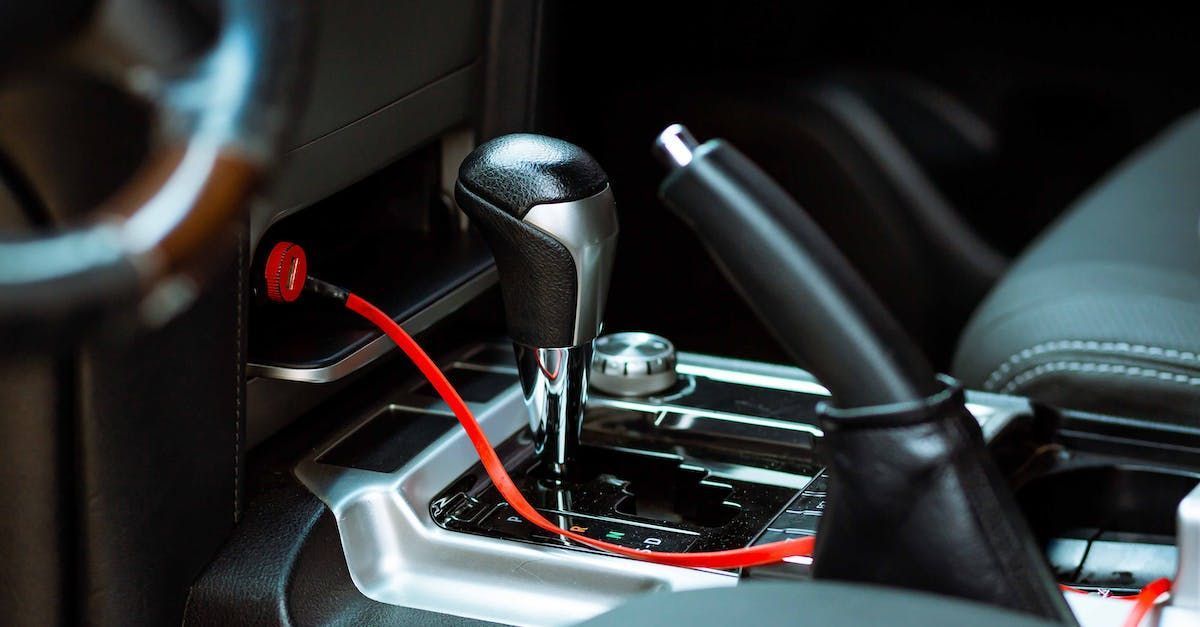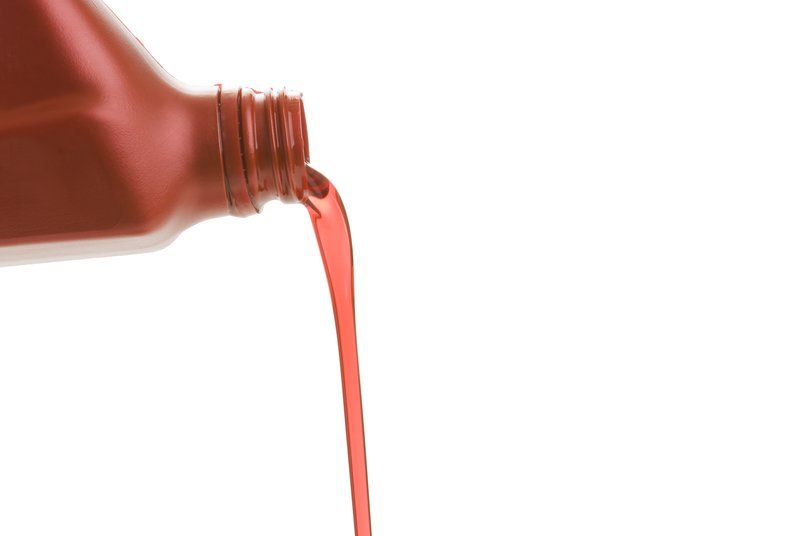Identifying Common Automotive Fluid Leaks
April 27, 2022
Identifying Common Automotive Fluid Leaks
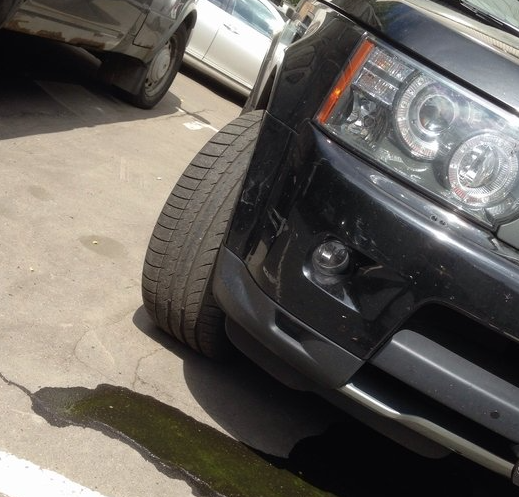
If you notice fluid drips on the ground where you regularly park, chances are you have a car leak of some sort. To keep your car running smoothly it requires different types of fluids. Below are a few helpful tips on identifying what type of automotive fluid it could be.
Brake Fluid
When fresh, brake fluid is a yellow hue but darkens to a light or dark brown as it ages. It has the smell of fish oil and is oily and slippery to the touch. It tends to accumulate under the master brake cylinder or next to a tire.
Another symptom unique to a brake fluid leak is a decrease in the effectiveness of your brake system. Your brake pedal will have a spongy feel when applying the brakes. Without adequate brake fluid, your brakes could fail and could you not be able to stop your car. It’s important not to procrastinate in getting your car looked at by a mechanic when dealing with brake fuel.
Coolant Leak
Coolant fluid is regularly bright green but sometimes appears as a yellow or pink hue. It is often referred to as antifreeze. Often, finding a coolant leak is simple due to the fluid dripping from beneath the hood of your vehicle. If you see any puddles of coolant, then you probably have fluid dripping somewhere in the system. You may also notice bubbles at a hose connection or in the coolant reservoir. You should never open the coolant reservoir or radiator cap when your vehicle’s engine is hot.
If you cannot see a leak you may need to perform a coolant pressure test. It is a hand-held tool that gauges the pressure inside your cooling system. Low pressure may indicate you have an automotive leak somewhere. Coolant fluid is an essential fluid that protects your car from overheating. You must bring your car to a mechanic for repair and coolant fluid service. If you do not have the right amount of fluid, you may have substantial engine damage.
Differential Fluid or Gear Oil
Differential fluid
, also known as gear oil, looks like transmission fluid but is thicker. It can be gray with a slight greenish tint. Often you can tell them apart based on the location of the leak. If the leak is near the rear end of your vehicle, then it is most likely differential fluid.
Differential fluid is the fluid that is poured into the differential housing. It lubricates the gears, clutches, and bearings in the rear end of the vehicle. It works to keep all the components cool and keeps them from overheating and melting. Symptoms of bad or leaking differential fluid are a burning smell, weird noises, and vibrations. Also, low differential fluid can result in a humming or grinding noise coming from the differential.
Engine Oil
Engine fluid is yellow or dark. Normally you will find dark puddles underneath your car if you are dealing with an engine oil leak. If your oil pan has a leak, it will spill out under your car. There are several indications of an engine oil leak.
1. Smoke from the engine caused by oil dripping on the exhaust manifold.
2. The dashboard has the engine light on. This alerts you if oil pressure or oil level is below normal.
3. Smell of burning oil from the engine.
Transmission Fluid
Transmission fluid is a vital element for the function of a transmission. It is responsible for lubricating the parts in a transmission and regulating the temperature of a transmission. Without the proper amount of transmission fluid, you risk overheating your transmission. The transmission fluid must be checked regularly to ensure that it is not leaking, burnt, or old. Leaking transmission will have a reddish hue or darker depending on the quality of the fluid.
If your vehicle is leaking transmission fluid, you should bring it to a transmission shop. If left unaddressed, you transmission could overheat or have transmission failure. At Eagle Transmission in Mesquite, we have professional transmission technicians to help identify and repair your transmission fluid leaks . You can rely on Eagle Transmission in Mesquite for excellent service! Call us today!
Serving all of the Dallas area including Seagoville and Garland .

It’s important to get your transmission looked at right away if your transmission has been slipping. It can be a warning sign of transmission failure heading your way. Various factors can cause a transmission to slip, and, in some cases, a minor repair may solve the problem. A major fix will require expert diagnostics, labor, and money.
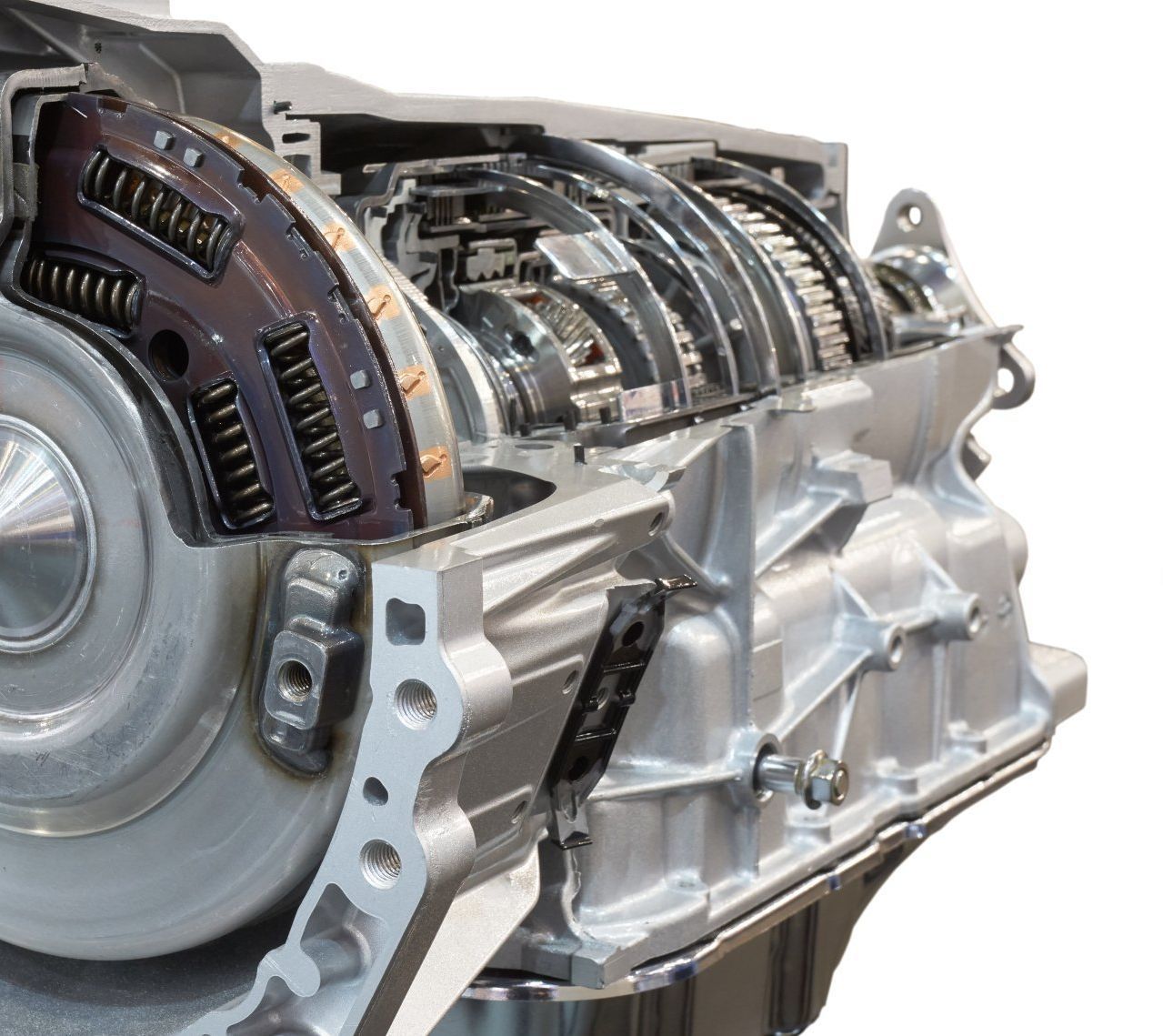
Are you experiencing high engine revs and your vehicle doesn’t accelerate as much as it should then your transmission might be slipping. It’s not recommended to drive a vehicle with a slipping transmission. It could be dangerous for you, your vehicle, and even other vehicles
nearby. Continuing to drive with a slipping transmission can turn what might be a small relatively easy to repair problem into a larger issue that will cost significantly more to fix.

Here at Eagle Transmission in Mesquite our mechanics are transmission experts and can handle all makes and models of vehicles. When you need transmission service, we can take care of all your vehicle transmission needs right here in our transmission shop. Some of the different type of transmission services are:

Automatic transmission is one of the most complex systems in a vehicle. You need to pay close attention if your vehicle starts running differently such as strange sounds, peculiar smells, or handling differently while driving. These signs could indicate a problem with your transmission. Properly diagnosing the vehicle’s problem is very important.
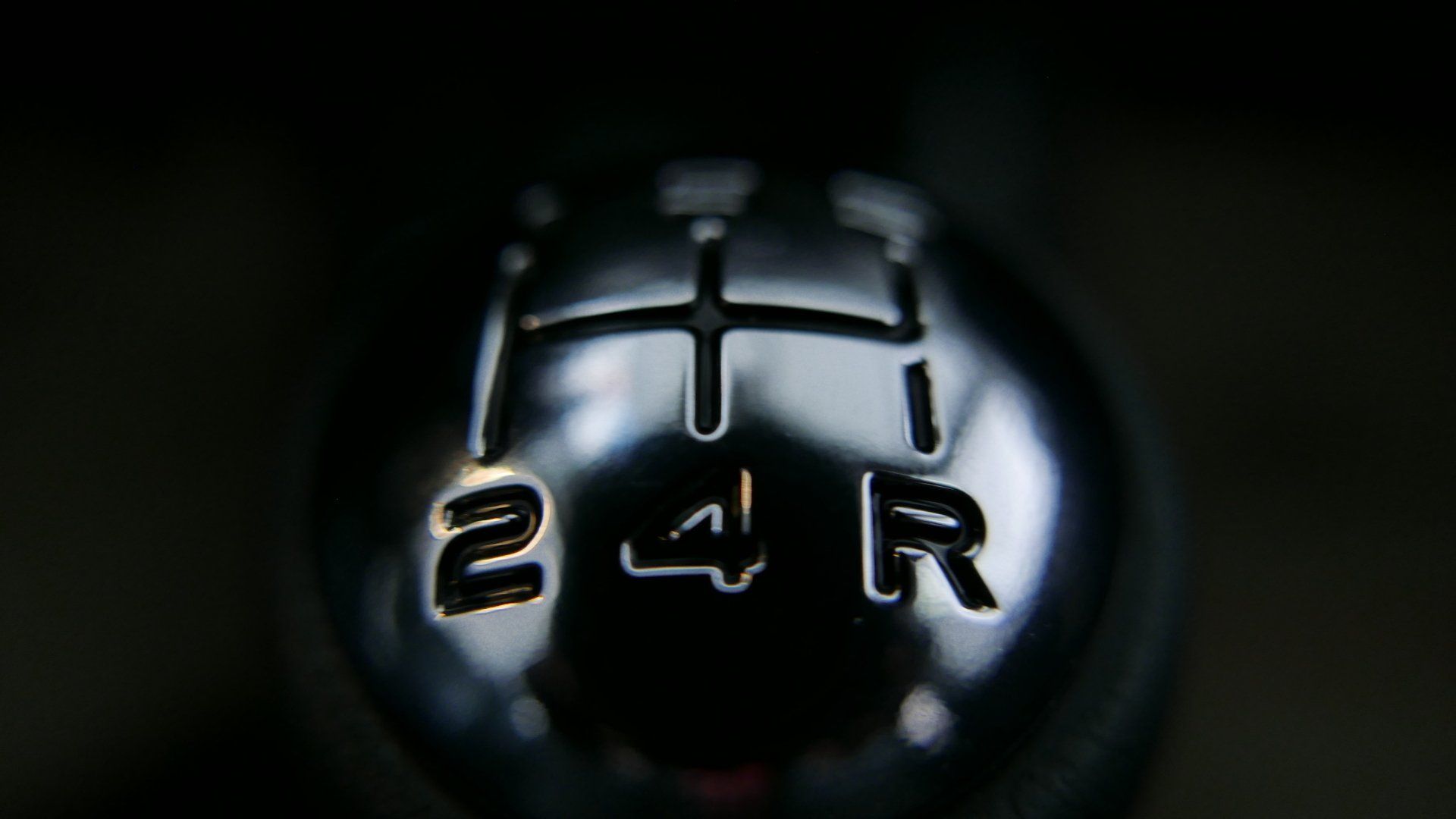
First let’s start at the beginning. Many new drivers and even people that have been driving for years don’t know what kind of transmission is in their vehicle and that’s ok. But to be able to take care of your vehicle better, it’s best to know what type you have under the hood. So, let’s begin with discussing what is a transmission?

